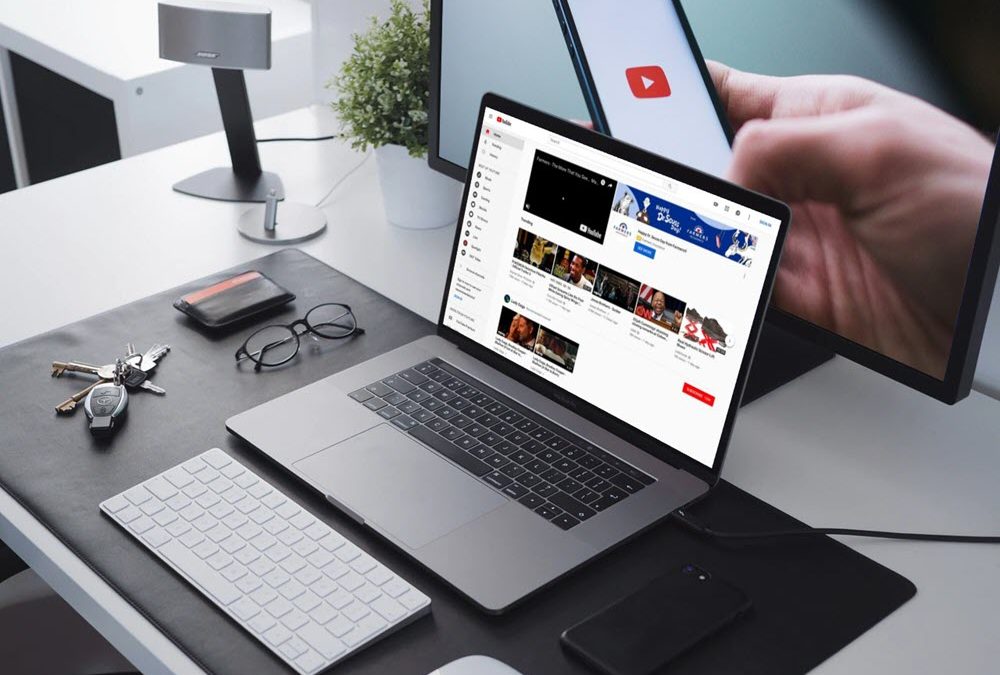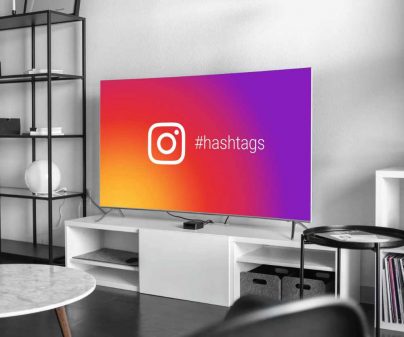You may be very serious about your YouTube profile and buying likes may just be one of the many arrows in your social marketing quiver. However, there may be many users hell bent on flooding the system with paid likes from spam account.
The Thing with Algos
So, YouTube and other social media sites are on the constant lookout to identify and delete spam profiles. When such profiles are deleted, then any likes, comments etc. posted by these accounts will automatically get deleted.
Now, YouTube has just too many accounts for any kind of manual verification of profiles. Instead, algorithms and pieces of code are used to scan profiles for anomalies. Obviously, no system is perfect, especially when a piece of code tries to analyse and interpret human actions.
Algos help because YouTube, or any other social media site for that matter, would have been otherwise been simply overwhelmed by spam content.
So, you may have likes being deleted from your account because YouTube identified their source accounts as spam accounts violating the site’s user policies.
Now, any kind of further analysis is difficult because you are unlikely to keep track of the user profiles liking your page and videos. With social marketing already a time-consuming process, you will probably just focus on the number of likes on your account without bothering about further details.
So, it is very much possible that the likes you just bought are perfectly safe, and that earlier likes from other accounts have been deleted. You probably noticed the likes because you just paid for a few likes to be added to your YouTube videos and are worried about losing all those paid likes.
Algos are never perfect and there’s always the possibility of likes from a genuine account getting deleted. YouTube may restore the account after its authenticity is proved, but its likes are unlikely to be added back to the videos.
That’s just the way the dice rolls and is just a part and parcel of the wonderful world of social marketing.
Likes and Unlikes—Two Sides of the Same Coin
Another plausible reason for the decrease in likes may be that the user who liked your video may have changed his/her mind and may have chosen to unlike the video. Again, it is next to impossible for you to identify whether likes decreased due to the user or YouTube’s actions.
When 1050 likes comes down to 1030, it just won’t be possible for you to account for each and every like lost.
Focus on Granular Data
If losing likes, even a small number, is a very big deal for you, then perhaps you can focus on maintaining granular records of the changes to the likes received by your top videos. Tracking even one or two suspended accounts can help you understand the issue better.
Of course, this is easier said than done but this is one option at your disposal if you are really keen on finding out whether buying likes actually triggers deletions by YouTube.
Watch Out for Algo Changes
Google would like us to believe that quality control is a constant and ongoing process. Yet, that’s not how the sites work. People are always out to game the system and improve their rankings and boost metrics with the least possible effort.
Every once in a while, SEO and SEM becomes a bit too formulaic, which forces Google and other sites introduce updates to their algorithms to weed out those with poor quality content.
However, such updates can often impact even the good guys negatively. So, your likes may get hit when YouTube introduces algo changes. The worst part is that there rarely is any kind of advance info about such updates, which means you can only deal with the aftermath of the algo changes.
Yet, this does not mean you cannot do anything about this issue.
Make sure you ask the service provider offering paid likes for YouTube and other social media sites to clarify this issue. You can assess the firm’s professionalism based on the quality of reply you receive.
Secondly, make sure the likes that get added to your videos are from genuine accounts only. You can ask the service provider to confirm this requirement. Of course, this doesn’t mean such likes won’t ever get deleted.
Thirdly, try to avoid activities that seem spam-like or suspicious. Remember, you are not dealing with a human being here. The algo will have a fixed set of parameters to determine whether an account should be suspended or not.
Frequent updates to multiple videos or adding likes all at once or adding likes from random countries unconnected to your target audience or previous likes received by the videos may attract attention of the spam filters.
So, try to keep things natural and add likes and follows and video views in a staggered manner. Better still, choose a service provider who allows you to buy likes from specific countries or regions, and gives you the option of drip feeding the likes into your account.
Finally, never ever try to base your social marketing strategy solely on paid likes. You cannot simply buy your way to social marketing success. It is just one of the many options at your disposal; a shrewd tactic that helps you bridge the gap between yourself and competitors with a lot more financial and social resources at their disposal.
So, should you stop buying likes because it may be causing your YouTube likes to come down? In money terms, adding a few hundred likes is not going to cost a lot. Losing a few won’t be, especially in the long run, a very big deal.
Skipping this option altogether is only going to make things tougher and complicate your social marketing efforts. Instead, you should focus on extracting maximum value from your bought likes to build up traction for your videos.
Once the paid likes lead to natural and organic likes, you can afford a few deletions without worrying about any adverse impact on your account.









